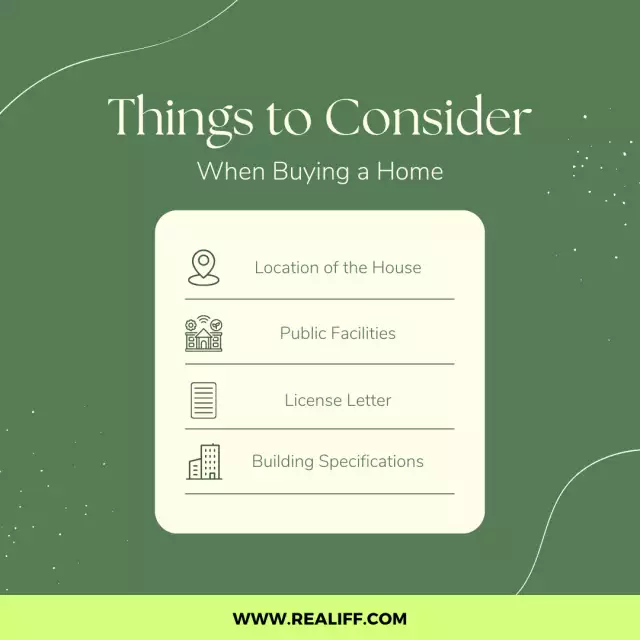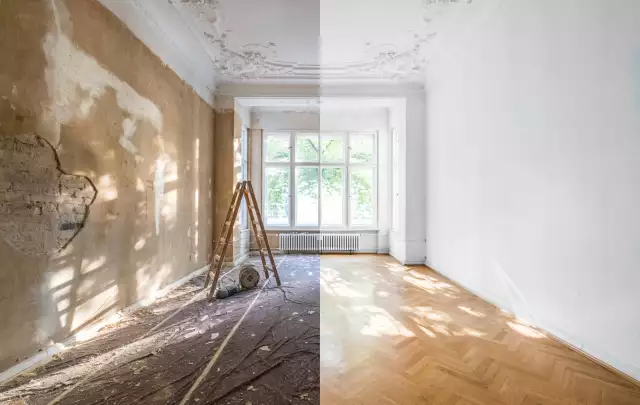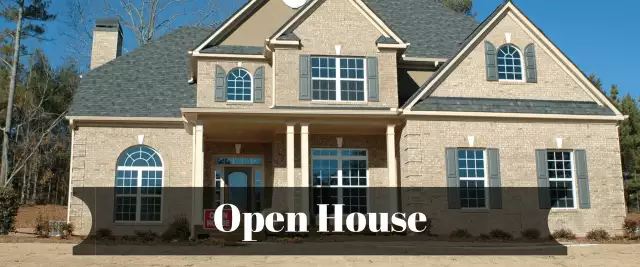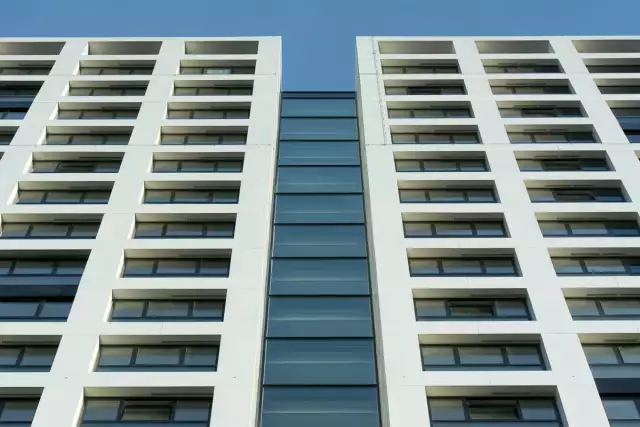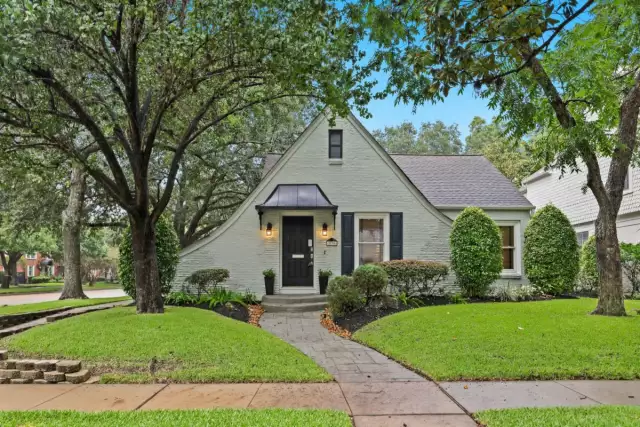The Ultimate Home-Buying Guide: What to Know Before Signing on the Dotted Line
The Ultimate Home-Buying Guide: What to Know Before Signing on the Dotted Line
Purchasing a homeis a big decision, and it can be overwhelming to navigate the process without proper guidance. Here are some important things to consider when buying a home:
Location: The location of the property is crucial, as it can affect your quality of life and property value. Consider factors such as proximity to schools, shopping centers, public transportation, and your workplace.
Budget: Determine your budget for a down payment, monthly mortgage payments, and any additional expenses associated with owning a home, such as property taxes, insurance, and maintenance costs. Make sure you can afford the costs of homeownership before making an offer.
Size and Layout: Consider the size and layout of the home. Does it fit your needs and lifestyle? How many rooms do you need? Is there enough space for storage?
Age and Condition of the Property: Consider the age and condition of the property. Older homes may require more maintenance and repairs, while newer homes may come with warranties and modern features.
Inspection: Hire a professional inspector to thoroughly inspect the property before making an offer. This will help you identify any potential problems or issues with the property and give you a better understanding of what you're buying.
Negotiations: Be prepared to negotiatewith the seller on the price, closing costs, and any repairs that need to be made. Work with your real estate agent to develop a negotiation strategy.
Closing Costs: Closing costs can add up quickly, so make sure you have a clear understanding of what is included in your closing costs, such as title insurance, legal fees, and real estate agent commissions.
Frequently Asked Questions
Q: How much should I budget for a down payment? A: The amount you should budget for a down payment will depend on your financial situation and the type of mortgage you obtain. Typically, down payments can range from 3% to 20% of the purchase price.
Q: How long does it take to close on a house? A: The time it takes to close on a house can vary, but it typically takes 30 to 45 days from the date of contract to closing.
Q: What are the closing costs? A: Closing costs are fees associated with the purchase of a property, such as title insurance, legal fees, and real estate agent commissions. These costs can add up quickly, so make sure you have a clear understanding of what is included in your closing costs.
Q: What should I look for in a home inspector? A: When choosing a home inspector, look for someone who is licensed, experienced, and has a good reputation. You should also make sure the inspector is insured and has a comprehensive inspection report that includes photos and a detailed description of any issues or problems with the property.
By considering these important factors, you can make a more informed decision when buying a home and avoid any potential pitfalls along the way.
